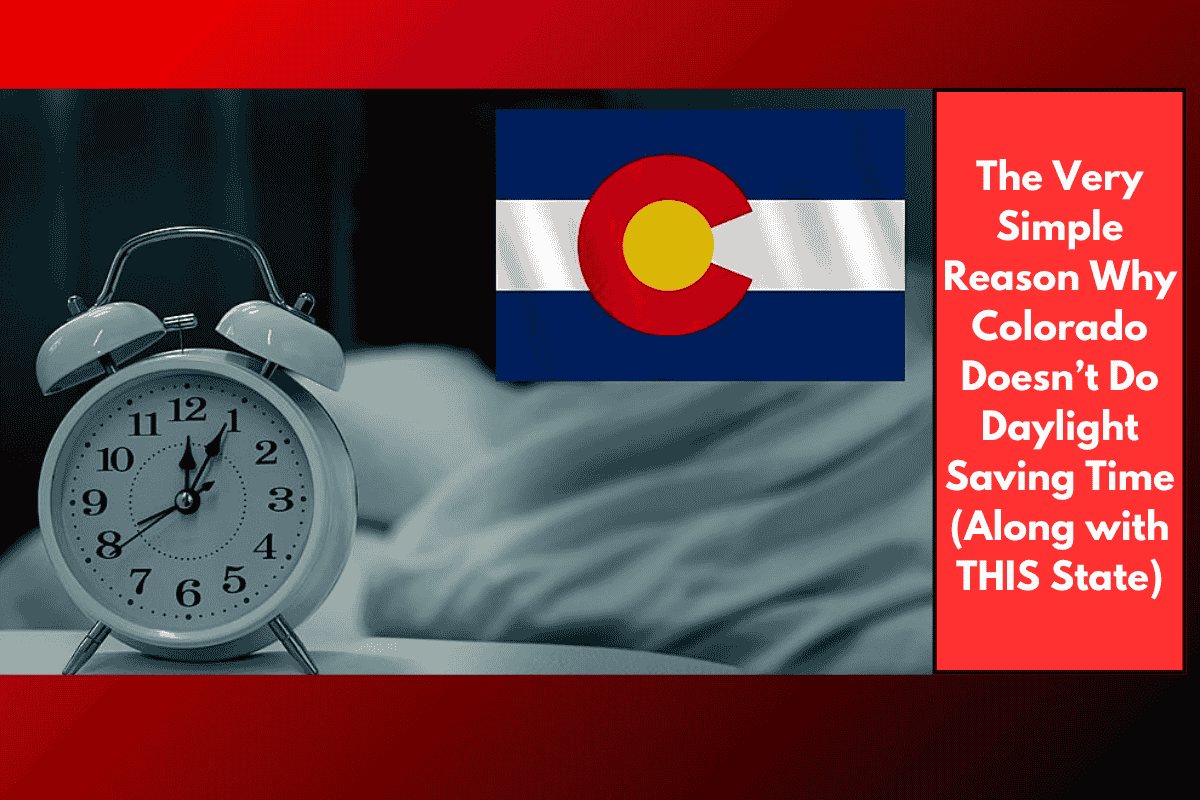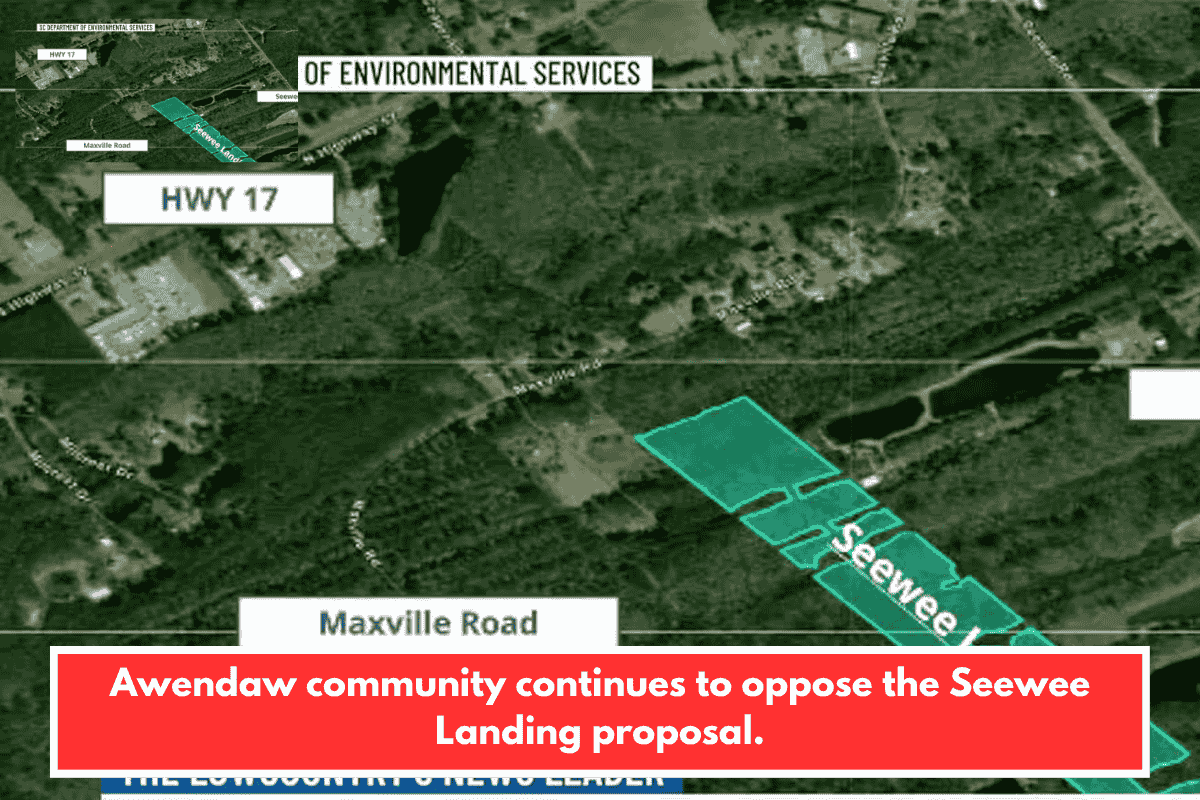Colorado currently observes daylight saving time like most U.S. states, but it has considered exempting itself and making either permanent standard or permanent daylight saving time the law. The simple reason a state does not do Daylight Saving Time is because U.S. federal law—specifically the Uniform Time Act of 1966—allows states to exempt themselves and remain on standard time year-round. However, federal law does not currently let states choose permanent daylight saving time without a change at the federal level.
As of 2025, the two U.S. states that do not observe daylight saving time are:
Arizona (except for the Navajo Nation)
Hawaii
Additionally, American territories like Puerto Rico, Guam, American Samoa, Northern Mariana Islands, and the U.S. Virgin Islands also do not observe daylight saving.
So, while Colorado has debated and even passed bills that set conditions for switching to permanent daylight saving time, it still observes the clock changes—just like most of the country—because federal law has not yet allowed the switch. The simple reason the exempted states don’t participate: they chose, under federal law, to stay on standard time year-round
SOURCES
(https://www.cbsnews.com/news/states-without-daylight-saving-time/)
(https://leg.colorado.gov/bills/hb17-1118)
(https://leg.colorado.gov/bills/hb22-1297)
(https://www.timeanddate.com/time/change/usa)
(https://www.timeanddate.com/time/change/usa/colorado)














